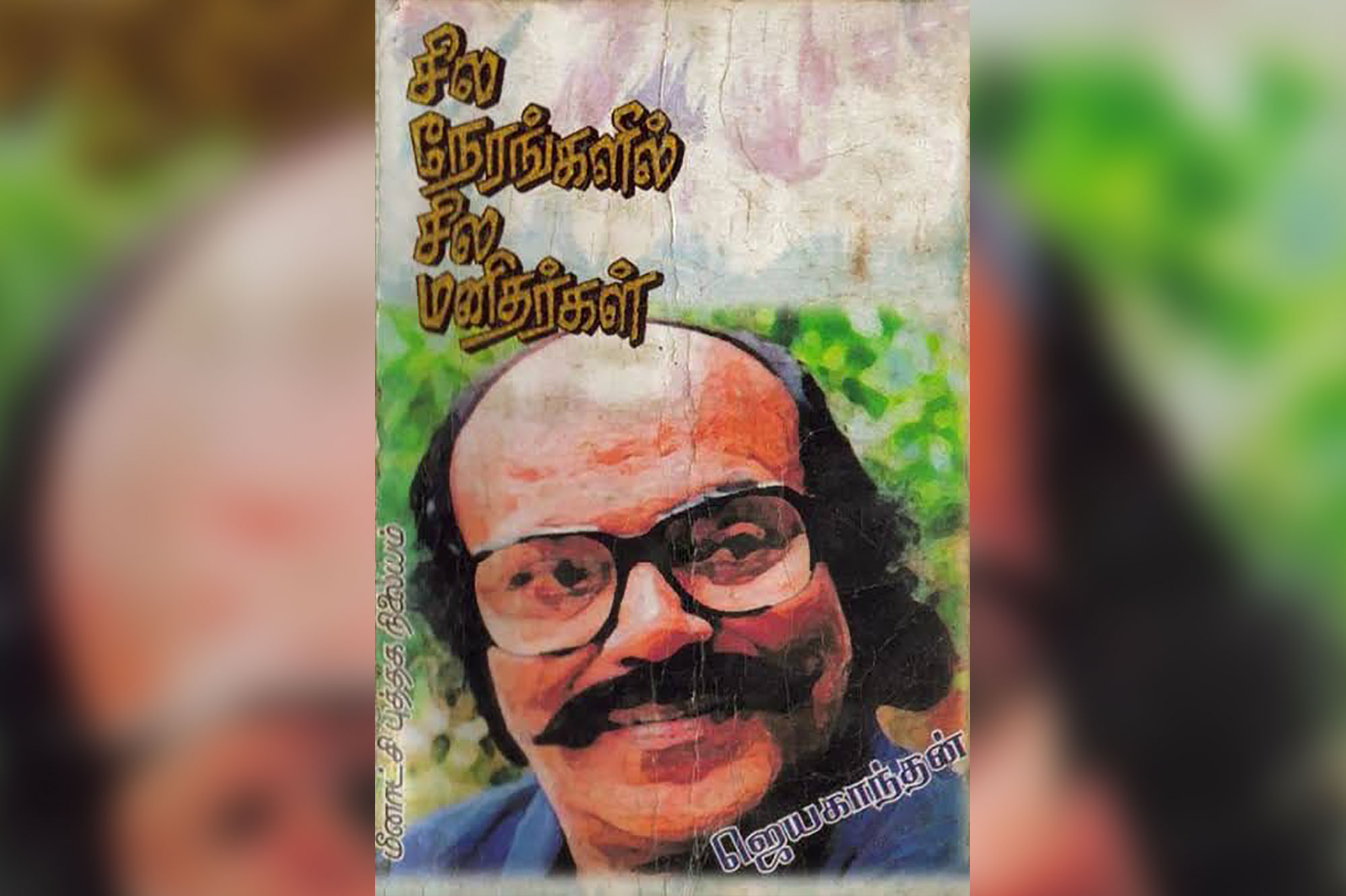Shyam Singha Roy, the Telugu period drama starring actors Nani and Sai Pallavi, has collected around Rs 6.90 crore (gross) at the box office on its first day in the two Telugu states, Anupam Reddy, secretary of the Telangana State Film Chamber of Commerce, told Silverscreen India.
Directed by Rahul Sankrityan, the film opened in theatres on Friday (Christmas Eve).
Shyam Singha Roy features Nani in the title role as a character with both Telugu and Bengali ancestry. The film also stars Krithi Shetty, Madonna Sebastian, and Rahul Ravindran, among others.
Speaking to Silverscreen India, Reddy said that the film collected Rs 4.17 crore (the producer’s share) in Andhra Pradesh and Telangana on day one. “The film had a decent opening seeing an average of about 60-70% occupancy levels in theatres across the two states. Since it is local content, most of the screens were given to Shyam Singha Roy as opposed to 83. However, in AP, a few theatres were shut down due to the ongoing ticket price issue,” Reddy added.
Similar to Pushpa and Akhanda, Reddy said it was mostly fans who came to the theatres for Shyam Singha Roy‘s first shows. Given the festive season, cinema owners are expecting a wider range of movie-goers over the weekend, he added.
Recommended
Shyam Singha Roy hit the screens in all four South Indian languages. Dubbed versions in Tamil, Kannada, and Malayalam were released simultaneously with the Telugu original. After its theatrical run, the film is set to stream on Netflix.
Meanwhile, the Telangana government, on Saturday, increased the ticket price caps for single screens and multiplexes to allow a maximum charge of Rs 70 to Rs 300, depending on the type of theatre. The government, in its order, said that theatres must print the “rates of admission of tickets, clearly indicating GST, maintenance charges as applicable and the online charges separately on all tickets.”
Speaking of this, Reddy said, “This is required because the last GO permitting an increase of rates was given in 2013. We’ve been pleading with the government to increase prices for the past 3-4 years and they have finally obliged now.”



